Probiotics. They’re not just for Jamie Lee Curtis and her favorite brand of yogurt. You may already be aware that probiotics are good for you and you should be adding them to your diet as well. And no, I’m not just talking about yogurt.
But what makes probiotics good for you? How can you make sure you consume enough in your diet?
Let’s take a look at the benefits of these friendly bacteria as well as probiotic-rich foods that will help you maintain a healthy gut.
What Are Probiotics?
To put it simply, probiotics are bacteria. But, if you associate bacteria with sickness and infection, you’re only getting half the story.
Generally, bacteria can be divided into two types: “good” and “bad.” When there are too many bad bacteria in your body, sickness and infection will follow. However, good bacteria help keep the balance in your body, preventing the bad bacteria from doing their nasty work. Therefore, making sure you’re getting enough probiotics will help you stay well. [1]
Interested to find out if you need more probiotics in your diet? Test your gut here.
A Closer Look at Probiotics
Your body is a living ecosystem. Although you can’t see it, your cells are constantly shifting, changing, and adapting. Within your body are different systems called “microbiomes.” These are made up of a collection of distinct microbes. Your bacteria, fungi, viruses, and protozoa all form the microbes of your body. The structure of your microbiome is completely unique from anyone else’s – you wouldn’t even share a microbiome structure with a twin.
Most of your probiotic microbes live within your gut, although this is not the only place where you can find these microorganisms. There are three key characteristics that distinguish probiotics from other bacteria, namely:
- They can survive being digested
- They are safe to consume
- They have proven health benefits
In addition to protecting you from bad bacteria, probiotics create vitamins that your body needs, aid in the absorption of medication, help digest nutrients, and prevent bad bacteria from being absorbed into the bloodstream. [1]
What Health Conditions Do Probiotics Help With?
“Stopping bad bacteria” sounds vague, so let’s look at a list of specific conditions that a proper balance of probiotics can help treat or even prevent. [2]
- Bowel issues
- Diarrhea
- Constipation
- Colitis
- Lactose intolerance
- Liver disease
- Cancer
- Food allergies
Improve your bowel movement and overall gut health with Fiber Complete supplements that you can get from the Health Hero Pharmacy.

6 Probiotic Foods to Support Your Gut
You don’t need all sorts of supplements to get your probiotic count where it should be. All you need to do is make sure your diet has a good balance of probiotics-producing foods.
Here are five foods we highly recommend.
Kombucha
Not all fermented food items will create the conditions for probiotics, but many do. Kombucha, a popular beverage, is a fermented tea that is a great source of probiotics. Other fermented products to try are pickles and kefir. [3]
Kimchi
Kimchi is a traditional Korean dish made from fermented vegetables, typically Napa cabbage, mixed with spices and seasonings. The fermentation process involved in making kimchi promotes the growth of beneficial bacteria. It’s also a good source of vitamins like vitamins A and C. [3]
Miso
Another option is miso soup, a Japanese staple made from fermented soybean paste. Miso on its own, sans soup, is also a popular breakfast option in Japan. These long-lasting food items are excellent sources of probiotics and are loaded with healthy vitamins to boost your system. [4]
Sourdough Bread
Sourdough bread is made using a fermented dough that contains wild yeasts and lactic acid bacteria, which act as probiotics. Sourdough has a unique flavor and texture due to the fermentation process, and it is often considered a healthier alternative to traditional bread. [5]
Cheese
Some examples of cheeses that may contain probiotics include certain types of soft cheeses, such as feta and brie, as well as hard cheeses that have been aged for a longer period of time, such as gouda and cheddar. It is important to note that not all cheeses contain probiotics, and the specific types and amounts of probiotics present can vary widely depending on the type of cheese and the production process. [6]
Buttermilk
Buttermilk is not just a type of pancake. This thick and tart liquid is actually created by adding a pre-existing bacteria culture to low or non-fat milk. This not only acts as a fermenting agent – which we know is a great probiotic culture – but it also produces a distinctive flavor. Believe it or not, buttermilk is actually part of any good coleslaw, both to give it a creamy texture and a tart tang. [7]

How Can You Tell If Certain Food Has Probiotics?
This list is a great and accessible jumping-off point, but if you’re serious about improving your gut health through probiotics, you’ll want to know more than just six foods.
As I’ve said, fermentation means it is very likely the food will contain probiotics – but it’s not 100% guaranteed. The best thing to do is to check the label. If a certain food item is rich in probiotics, the packaging will most likely say “live and active cultures” somewhere on it.
You can find even more information on gut health and probiotic foods here.
Keep Looking After Your Gut
Probiotic food is such an important component in keeping your gut microbiome happy and healthy. However, your journey into health is truly a holistic experience. No one thing – not even the super benefits of probiotics – is enough to keep your gut flourishing and your digestion on track.
That’s why I invite you to take my gut health quiz. It will give you even more information on the wild world of your microbial landscape, offer you personalized health recommendations for your lifestyle and diet, and teach you how to improve your overall health and wellness.
This quiz is absolutely free to take and will open you up to the world of holistic health. Find the quiz right here.

Sources
- Probiotics: What is it, Benefits, Side Effects, Food & Types
- Health benefits of probiotics | British Journal of Nutrition | Cambridge Core
- https://research.kombuchabrewers.org/wp-content/uploads/kk-research-files/a-review-about-probiotic-foods-kefir-kimchi-and-kombucha.pdf
- Novel probiotic yeast from Miso promotes regulatory dendritic cell IL-10 production and attenuates DSS-induced colitis in mice | SpringerLink
- Get that bread: sourdough edition! – The Food Medic
- Probiotics in Cheese – Today’s Dietitian Magazine
- Role of Probiotics in Health and Disease – A Review | International Journal of Advancement in Life Sciences Research



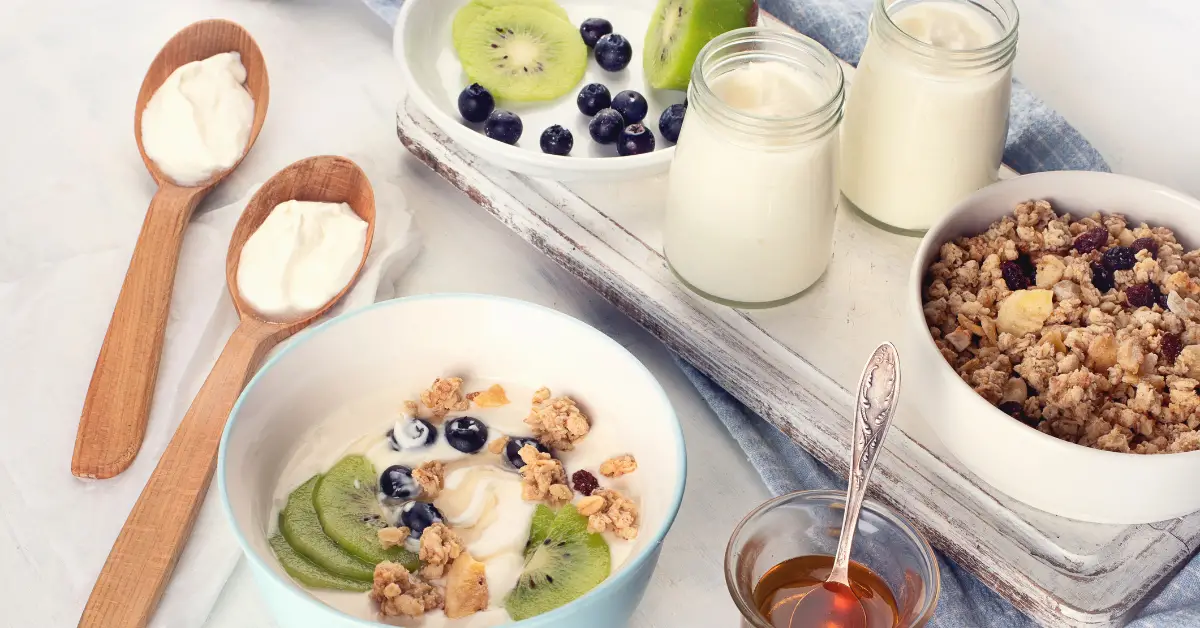
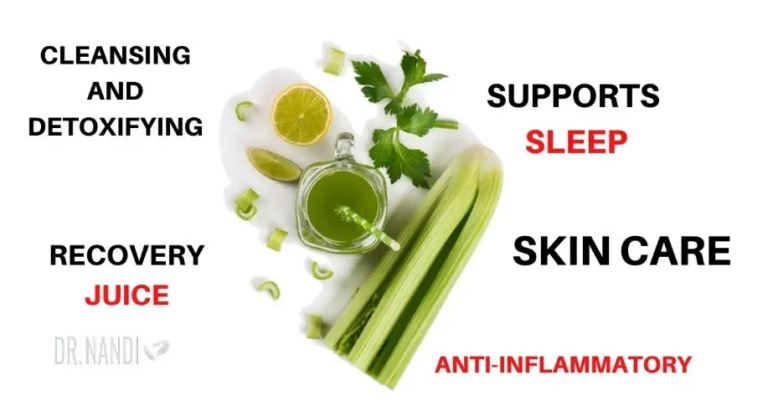
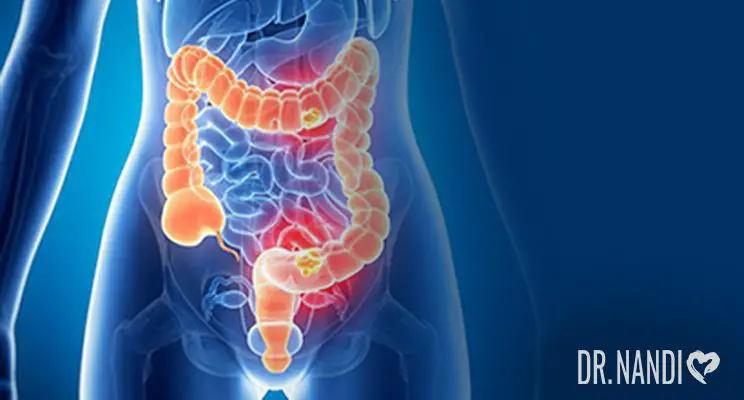

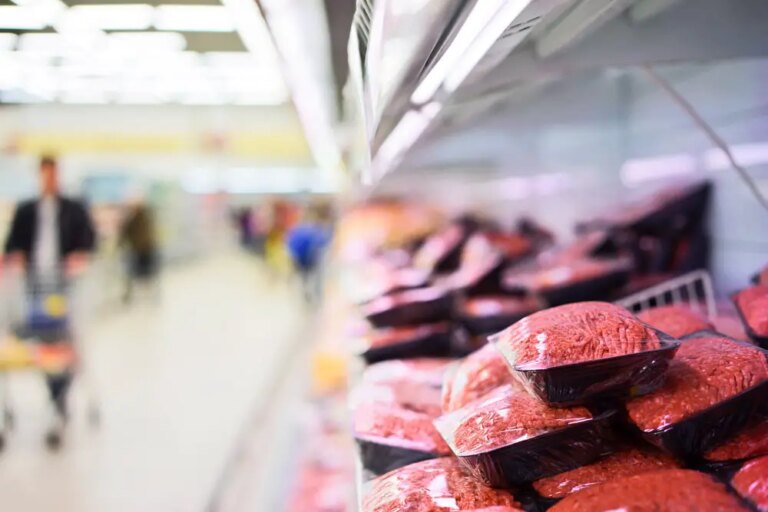

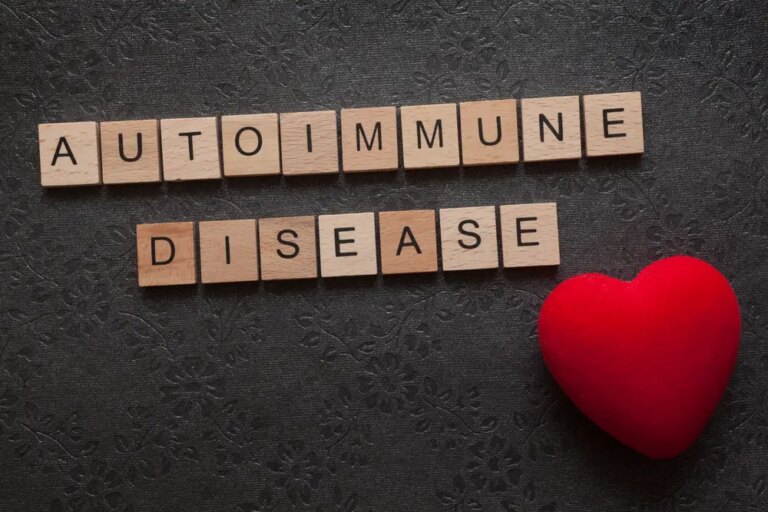

 Subscribe to Ask Dr. Nandi YouTube Channel
Subscribe to Ask Dr. Nandi YouTube Channel









